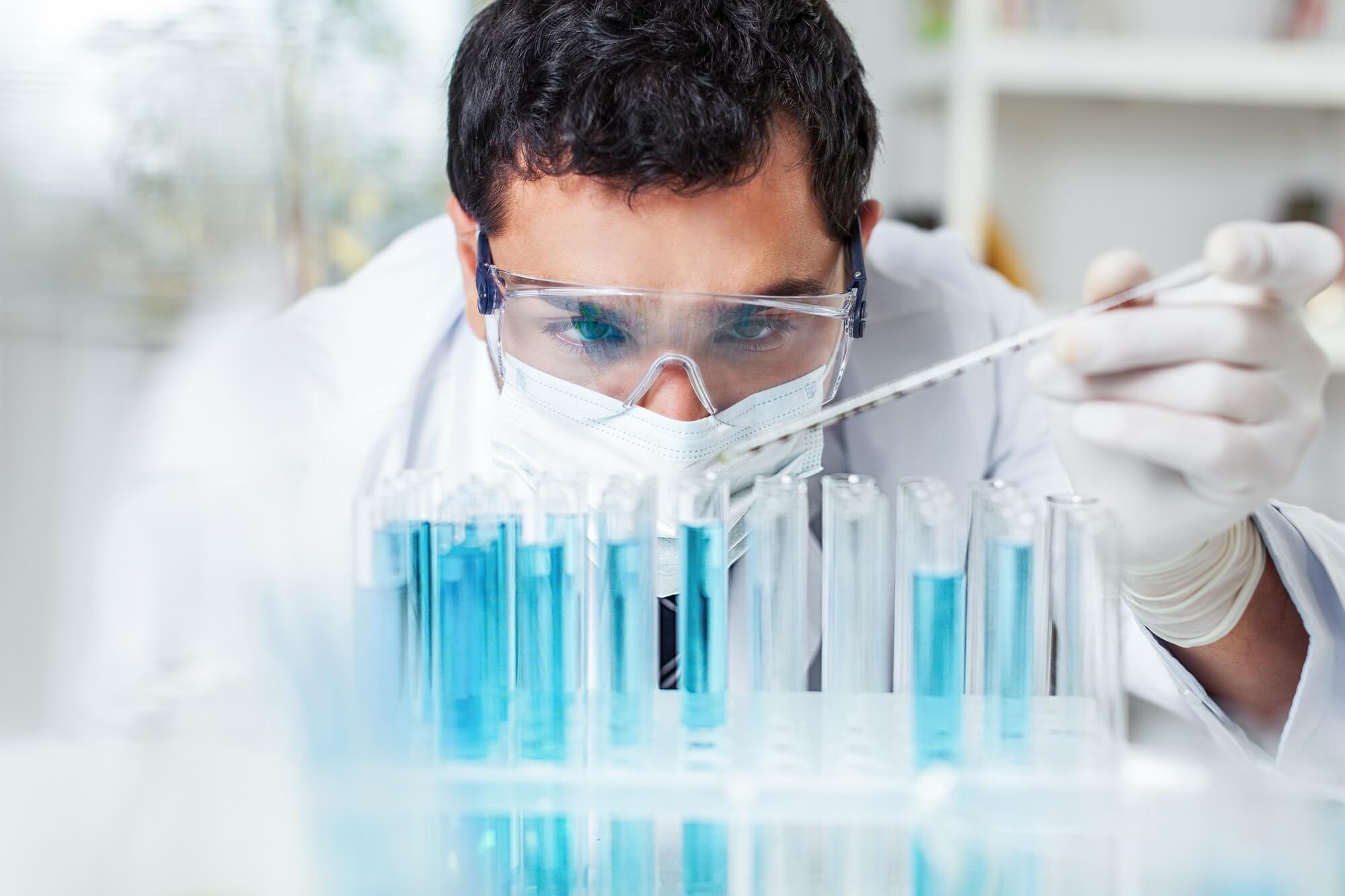
August 27, 2020
What Is Temperature Control in Fertility Labs and Why Is It Important?
At least one million babies were born in the U.S. through IVF or other assisted reproductive technology from 1987-2015. Such a successful number comes down to a variety of factors, including temperature. What is temperature control and how does it affect IVF and other fertility labs? It plays a big role in fostering embryo development. Changes in
Read More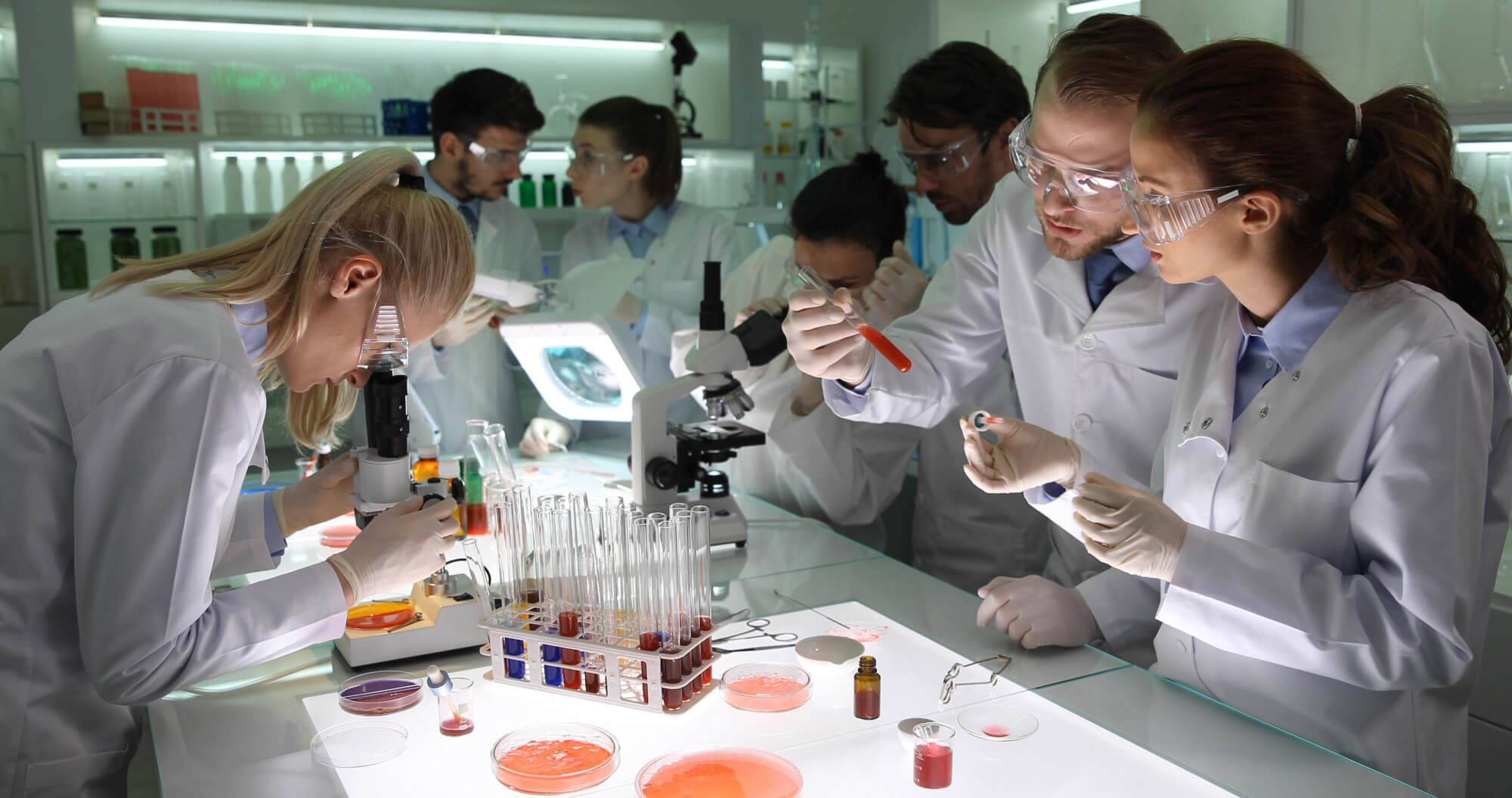
March 5, 2020
Maintaining Laboratory Temperature and Humidity
When doing precision work, any alteration to the environment, the equipment, or the samples can have cascading effects. Even seasoned veterans run into issues in explaining if their results are possibly contaminated. To do the best laboratory work, one needs to be able to reasonably rely on their results. These are some of the reasons that
Read More
February 20, 2020
The Importance of Environmental Monitoring for Oncology
Patients and healthcare workers can be exposed to hazardous chemicals within an oncology center. This may be an unexpected source of exposure but it is a real threat nonetheless. This could lead to accidental contact with toxic substances. The environmental monitoring of oncology centers could prevent the appearance of side effects. The hospital and clinic
Read More
November 27, 2019
Here’s Everything You Need to Know About USP 797 Guidelines
Recently, the USP-NF announced it was postponing some updates, including changes for USP 797. The updates were supposed to take effect on December 1, 2019. Many pharmacy personnel were wondering what changes they’d need to make. What do the current USP 797 guidelines say about compounding environments anyway? If you have questions, this guide has the
Read More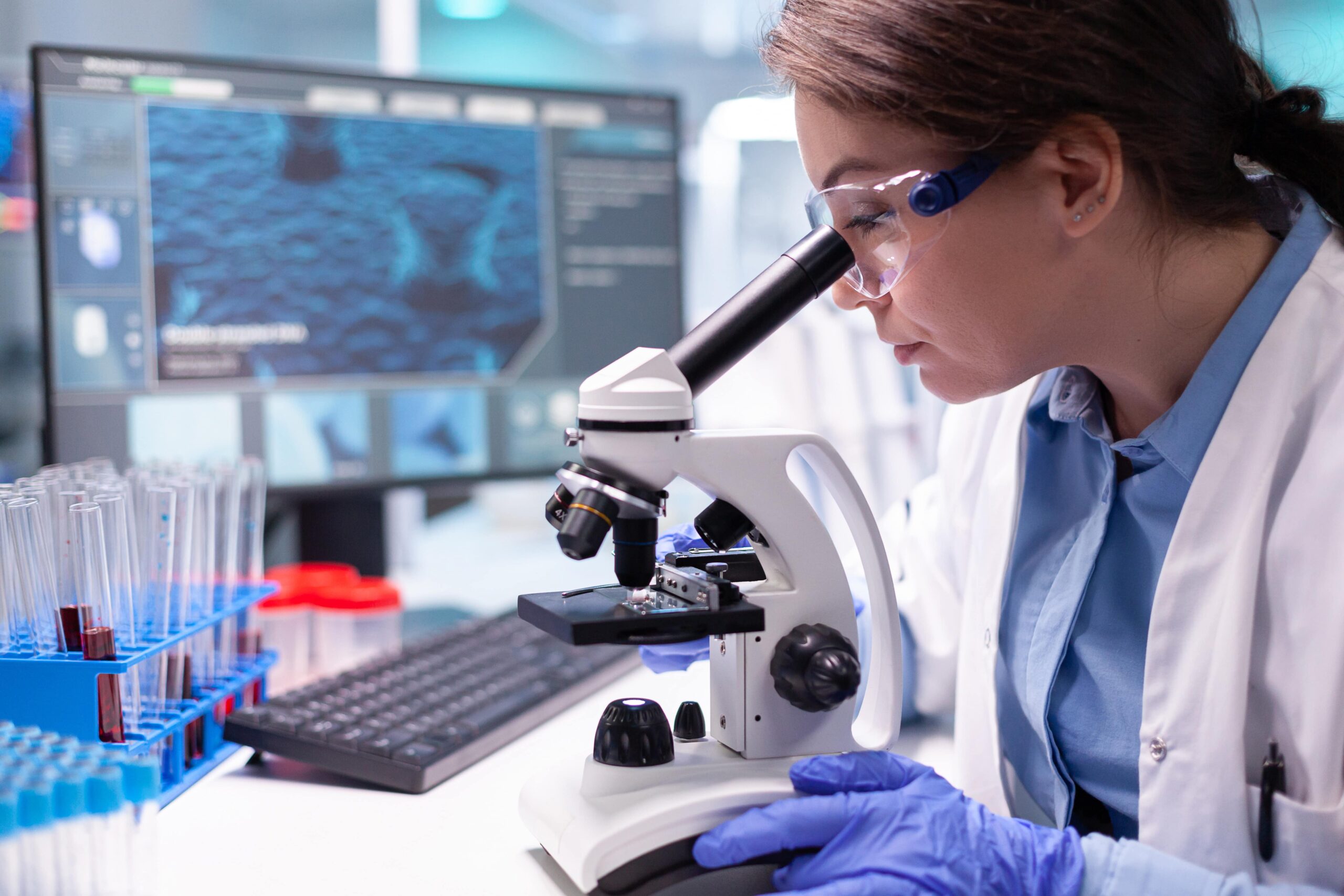
March 18, 2019
BIMO Inspection Readiness Checklist & Guide: FDA BioResearch Monitoring of Clinical Trials
Did you know that an FDA inspector typically schedules a bioresearch monitoring (BIMO) audit within five days of arrival? Would your clinical have BIMO inspection readiness in such a short time? Well, it should be: these inspections can occur at any time during a clinical trial, and there is no hard rule for how much notice they have to provide. If you are
Read More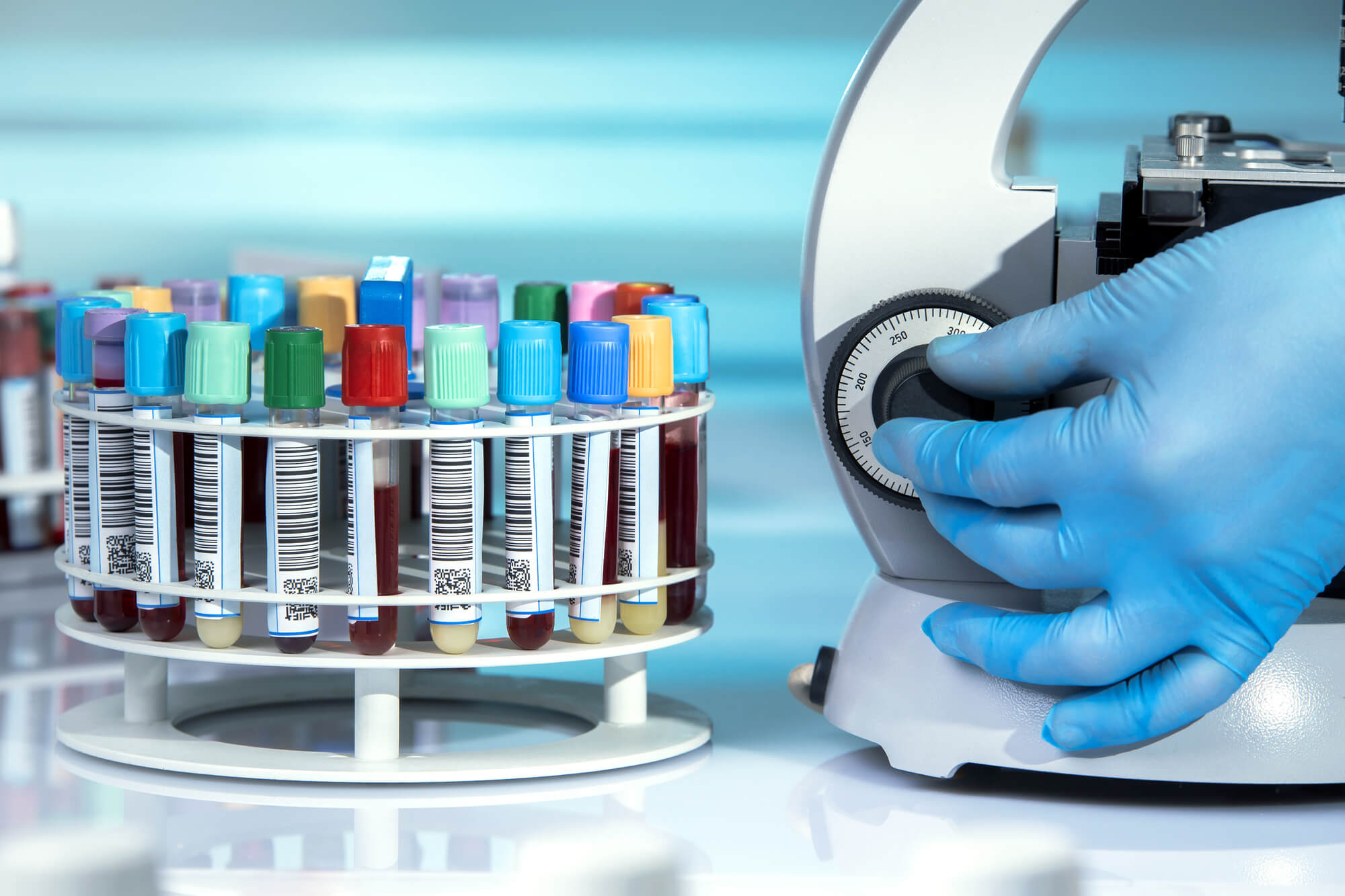
January 25, 2019
Measure for Measure: What is Calibration and Why Is It Important for Your Lab?
The word “calibrate” dates back only a couple hundred years, but the concept of calibration is actually far older. Ancient Egypt and Mesopotamia had their own systems of calibration that they used in construction. Today, calibration is often used in research labs to ensure accurate data. But what is calibration, how does it work, and why does
Read More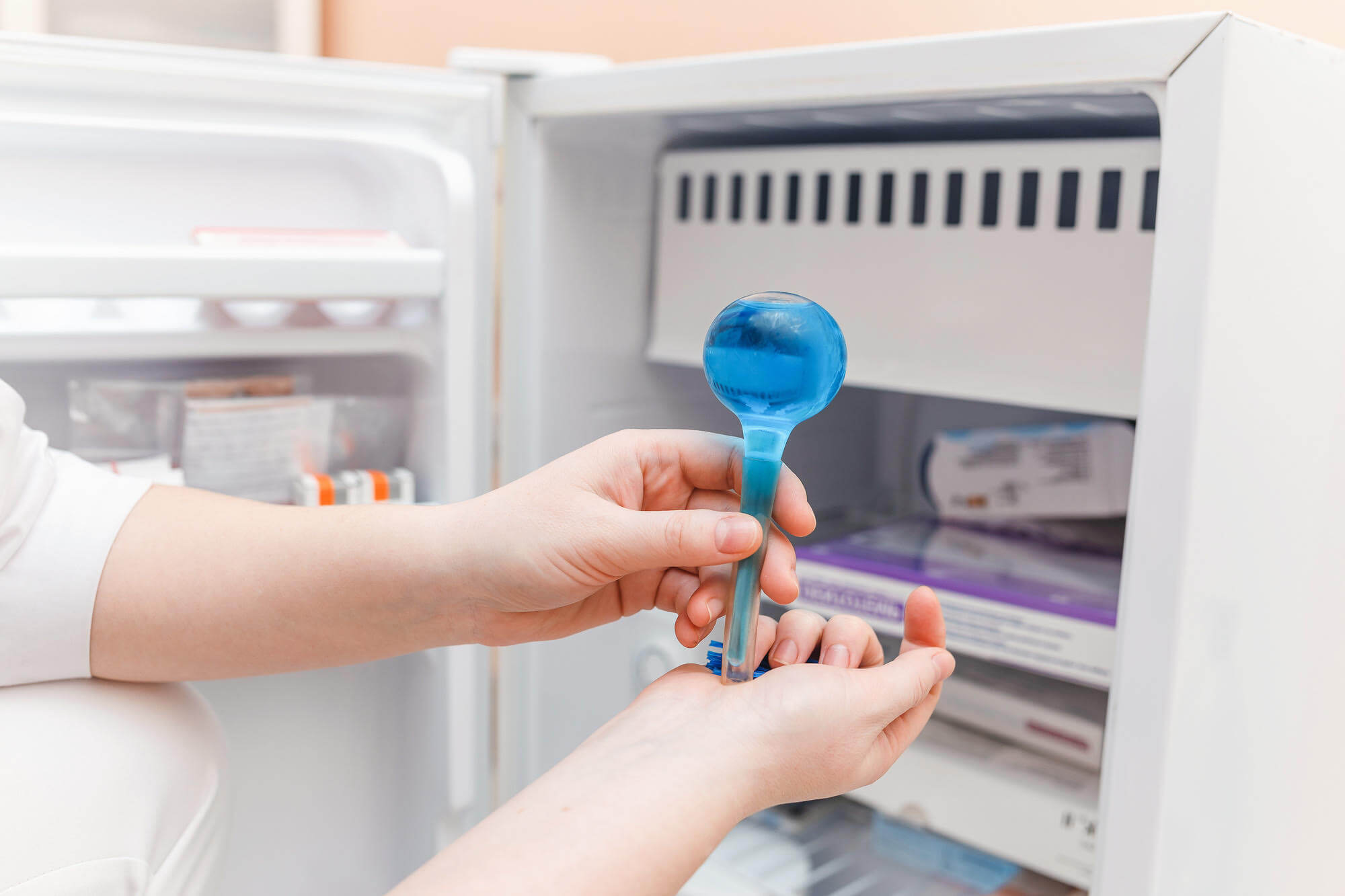
December 28, 2018
A Guide to Safe Medical and Lab Refrigeration Storage
Refrigeration revolutionized modern life. However, this innovation meant much more than keeping milk and meat from spoiling. Modern refrigeration has also allowed for great changes in the medical industry. Today, medical laboratories almost always use some kind of refrigeration. This allows for the storage of samples, as well as reagents and other tools used in
Read More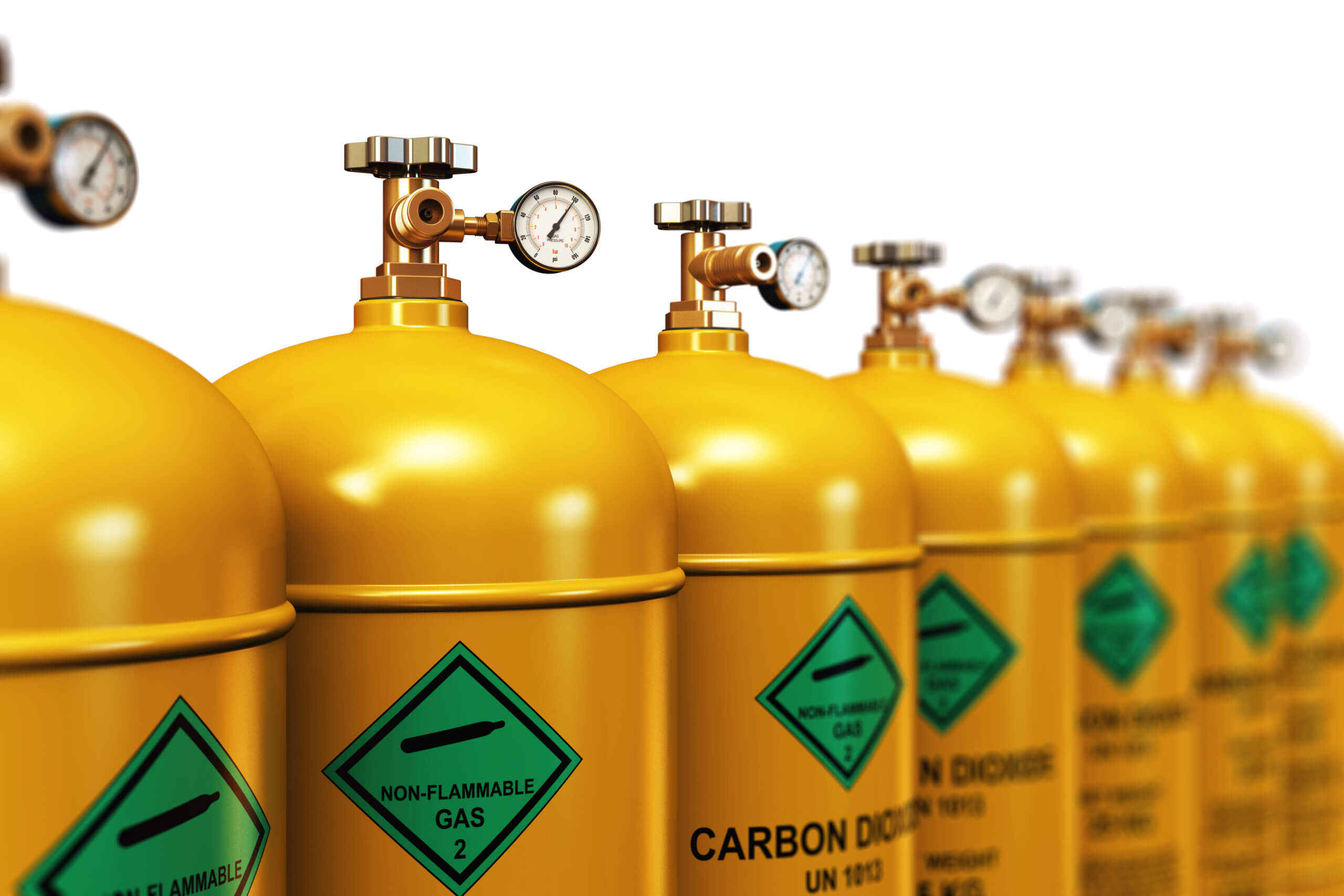
December 7, 2018
Are You Using the Right Carbon Dioxide Monitor for Your Work Environment?
Many people are well aware of the dangers of carbon monoxide poisoning. This type of poisoning causes about 430 deaths in the U.S. per year, on average. Fortunately, many homes and businesses now have carbon monoxide monitors to prevent this problem. However, far fewer people are aware of the need for a carbon dioxide monitor. Carbon dioxide
Read More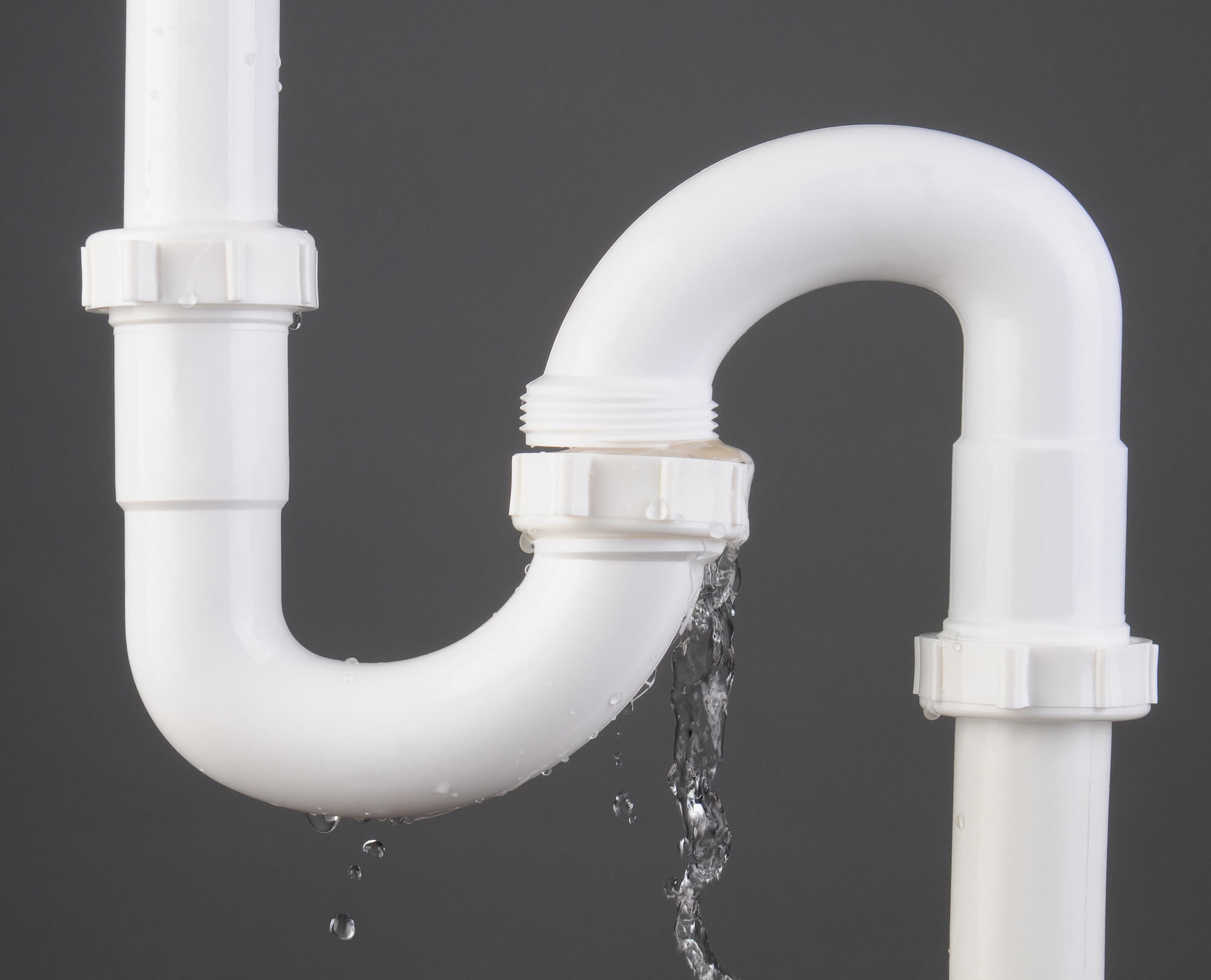
November 30, 2018
Water Leak Sensor: What It Is and How to Use It in Your Lab
With the average cost of fixing a water leak now hovering around $2,500, water damage to your lab is going to cost you much more than a residential leak. It’ll be a lot of work, even if you get someone like ServiceMaster Restoration by Zaba to help with the repairs. With the amount of equipment and research you’re
Read More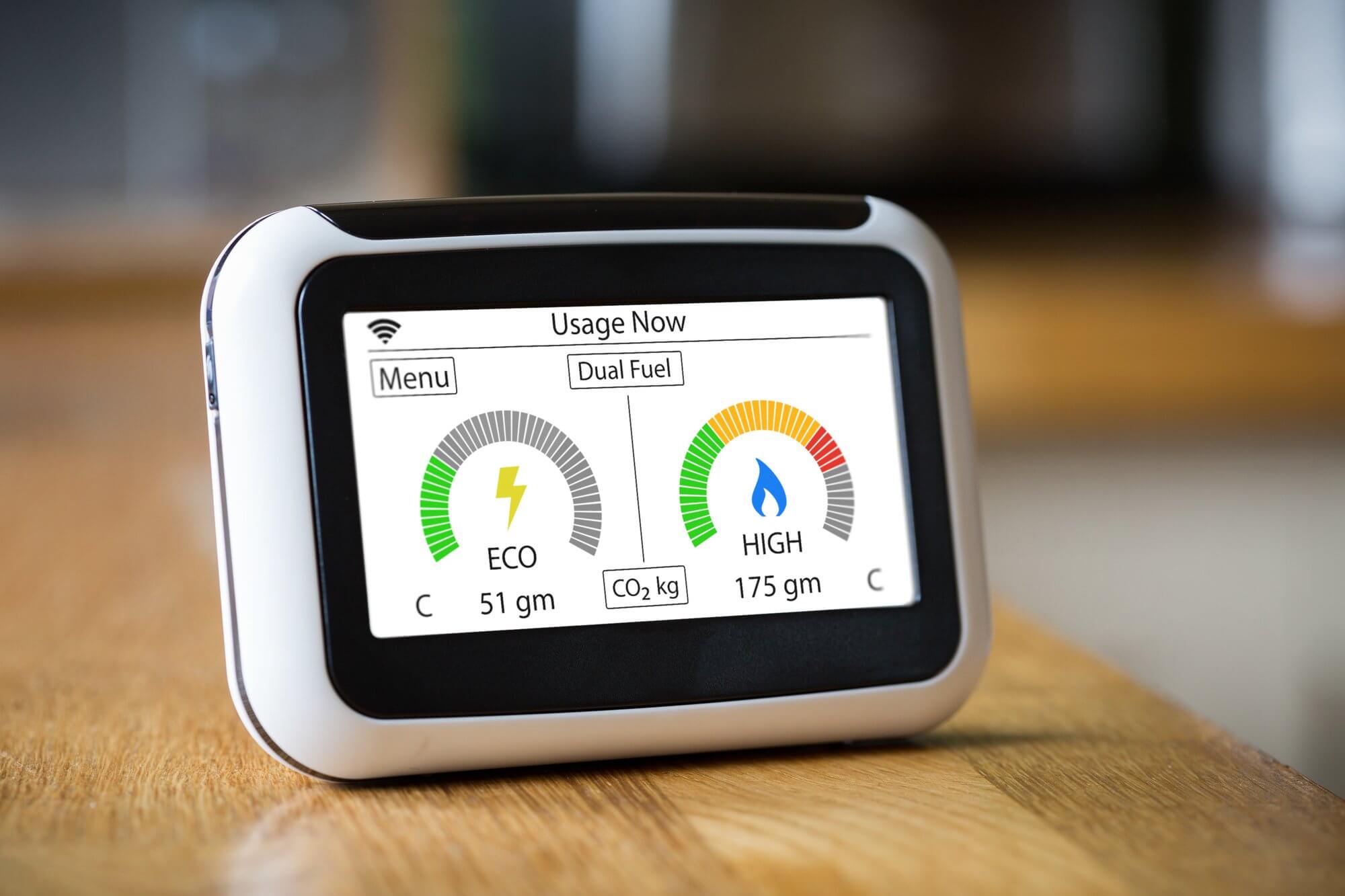
November 16, 2018
How a CO2 Monitor Can Ensure Your Lab is Safe and FDA Compliant
Having high levels of carbon dioxide (CO2) in your laboratory can be potentially life-threatening for your employees if the proper precautions aren’t taken. Monitoring CO2 levels in your lab is essential in ensuring the quality of your product while maintaining FDA compliance. Fortunately, CO2 monitors are designed to keep your technicians and products safe. If you aren’t sure what
Read More